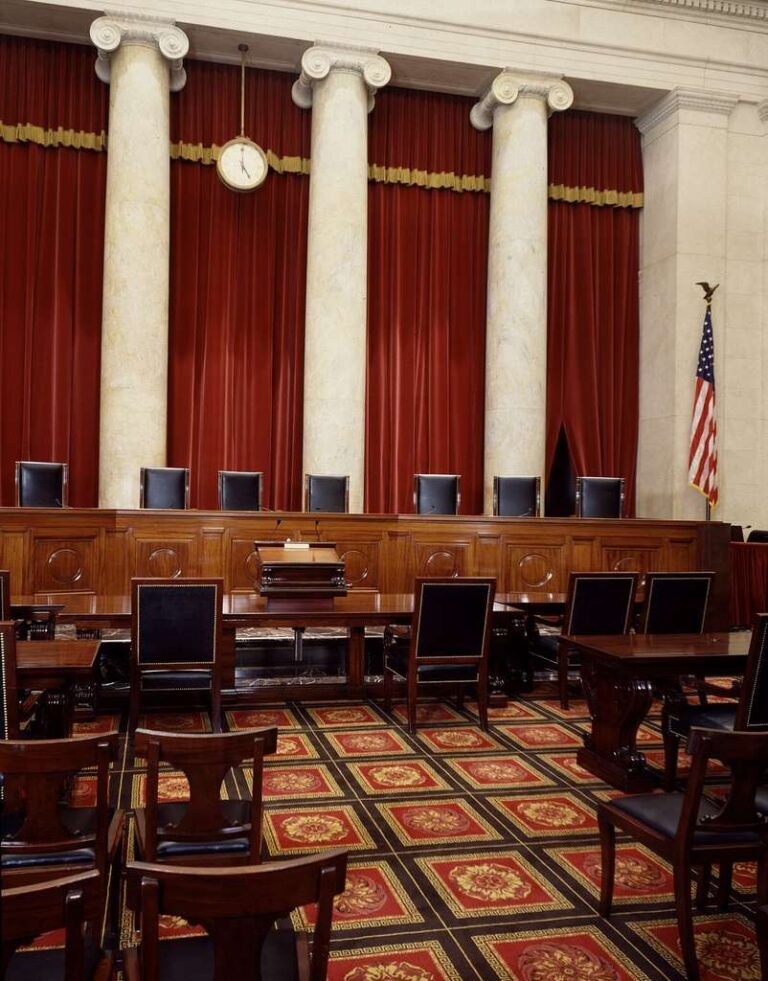Linh is a student at Harvard Law School.
United Auto Workers president Shawn Fain announced on Wednesday that workers plan to strike against major Detroit automakers that fail to reach a new agreement by September 14, when the existing agreements expire. UAW, representing 150,000 workers at carmaker giants General Motors, Stellantis and Ford, is pushing for a 46% pay raise over four years in the face of stagnant wages and robust company profits. A strike against these Big 3 automakers could cause substantial damage to the industry, which accounts for 3% of the national economic input.
As presidential election campaigning ramps up, a new poll shows that 66% of all Americans support labor unions, and the number is 88% for Americans under 30 years old. Ray Zaccaro, AFL-CIO director of public affairs, discussed the major role labor groups are playing in the 2024 presidential election on CBS News yesterday. In the interview, Zaccaro praises President Biden as the most pro-labor president in recent history and credits his strong likelihood of reelection with union support, given the popular sentiments in favor of labor organizing.
Following the Supreme Court’s rejection of race-conscious admissions programs, conservative groups have been emboldened to file discrimination lawsuits to challenge diversity programs across multiple industries. Meta Platforms Inc. and three entertainment industry groups are the latest to face a lawsuit in federal court, alleging that their workplace diversity program intentionally discriminates against white people. The lawsuit is brought by America First Legal Foundation, led by former Trump adviser Stephen Miller. The legal industry has seen similar DEI lawsuits, despite white lawyers making up 72% of all law firm associates while making up only 68% of law school graduates.






Daily News & Commentary
Start your day with our roundup of the latest labor developments. See all
October 10
California bans algorithmic price-fixing; New York City Council passes pay transparency bills; and FEMA questions staff who signed a whistleblowing letter.
October 9
Equity and the Broadway League resume talks amid a looming strike; federal judge lets alcoholism ADA suit proceed; Philadelphia agrees to pay $40,000 to resolve a First Amendment retaliation case.
October 8
In today’s news and commentary, the Trump administration threatens no back pay for furloughed federal workers; the Second Circuit denies a request from the NFL for an en banc review in the Brian Flores case; and Governor Gavin Newsom signs an agreement to create a pathway for unionization for Uber and Lyft drivers.
October 7
The Supreme Court kicks off its latest term, granting and declining certiorari in several labor-related cases.
October 6
EEOC regains quorum; Second Circuit issues opinion on DEI causing hostile work environment.
October 5
In today’s news and commentary, HELP committee schedules a vote on Trump’s NLRB nominees, the 5th Circuit rejects Amazon’s request for en banc review, and TV production workers win their first union contract. After a nomination hearing on Wednesday, the Health, Education, Labor and Pensions Committee scheduled a committee vote on President Trump’s NLRB nominees […]